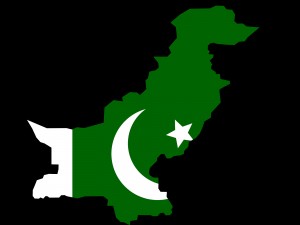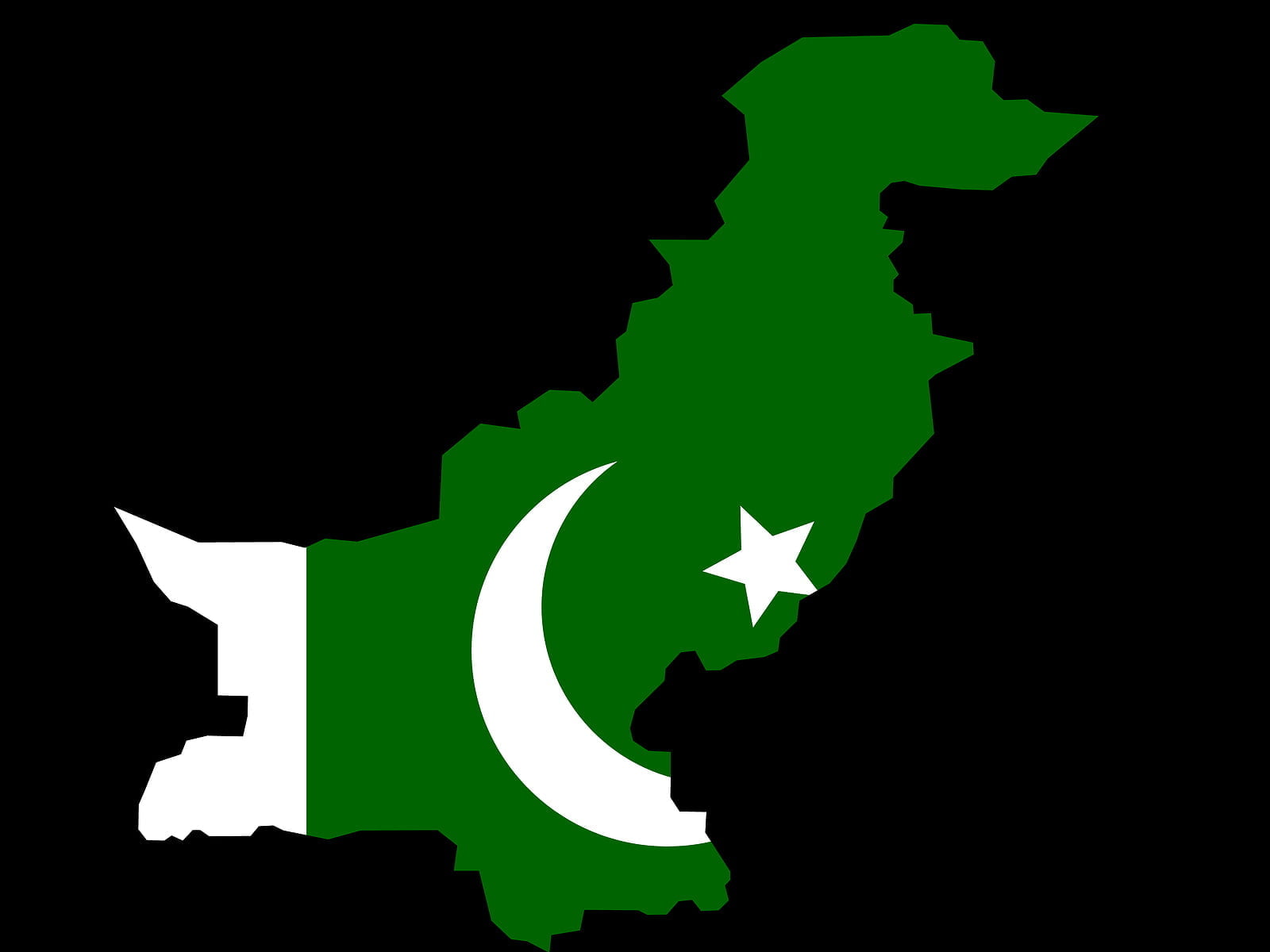12/24/2011 by Richard Weitz
The resignation of Husain Haqqani as Pakistani Ambassador to the United States over the so-called “memogate” scandal highlights the need for further reform of Pakistan’s security sector. Its main elements–the Pakistani armed forces, intelligence agencies, and police force—are responsible for ensuring Pakistan’s external and internal security from diverse threats, ranging from Unfortunately, all too often they have assumed functions best left to the country’s civilian leaders.

Prime Minister Yousuf Raza Gilani removed Haqqani after he was summoned back to Islamabad to answer charges that he had tried to engineer a sort of civilian coup against the military’s domination of his country. This alleged conspiracy allegedly would have had Pakistan’s weak civilian government collude with the United States to replace Pakistan’s current military and intelligence leaders with those more supportive of civilian supremacy and willing to break with the Islamist forces in Pakistan and Afghanistan. A Pakistani-American businessman, Mansoor Ijaz, claims he helped Haqqani deliver a message from President Asif Ali Zardari to then U.S. Chief of Staff Admiral Mike Mullen outlining the plans.
The opportunity to strengthen civilian control over the security sector supposedly arose after the Pakistani military was doubly embarrassed by the discovery that Osama bin Laden had been hiding for years in a compound near a military base in central Pakistan and that the Pakistani armed forces had subsequently failed to detect let alone stop the U.S. Special Forces raid against the site. The White House then ordered the May 2 attack on bin Laden’s compound in central Pakistan without seeking Pakistani permission or notifying Pakistani authorities in advance, rightly fearing that some Pakistani might warn bin Laden of the impending attack.
Haqqani denied that he was involved in such a conspiracy but, having already antagonized the powerful Pakistani military, had to resign. He said in a statement following his resignation: “I have resigned to bring closure to this meaningless controversy threatening our fledgling democracy,” and that the scandal now known as “Memogate” is an “artificially created crisis over an insignificant memo written by a self-centered businessman”
Before becoming Pakistan’s ambassador to the United States in 2008, Haqqani was a professor at Boston University. His 2005 book blamed Pakistani military intervention in the country’s political affairs for encouraging the growth of Islamist militancy in Pakistan and elsewhere.
Gilani and the military forced Haqqani’s ouster without even bothering to conduct a formal investigation to assess the veracity of the claims of wrongdoing. Haqqani, a close ally of Gilani ans Zardari, has been denounced in the past for his ties with Pakistani’s civilian establishment as well as those with the United States.
I am in no position to assess the accuracy of the charges against Haqqani, a former colleague at Hudson. Haqqani ‘s students love him, so hopefully he can return to writing and teaching somewhere. But the whole episode again underscores the need to constrain the role of the Pakistani armed forces to military matters, such as suppressing the Islamist terrorists based in its territory.
Significant progress has been made in this area of Pakistani security reform, especially through the years of direct talks between Mullen and Kayani, but more needs to be done to address the “trust deficit” between the two countries as well as to ensure that elements in Pakistan’s security sector do not become a disruptive force as the U.S. military reduces its presence in Afghanistan in coming years.
The continuing links between Pakistan’s Inter-Services Intelligence (ISI), controlled by the Pakistani military, and the Haqqani network (no relationship to the former Ambassador!) that supports some of the most brutally effective insurgents in Afghanistan and has links with al-Qaeda, has been a continuing a source of tension with the United States, Afghanistan, and other countries.
The ISI supported the Haqqani network, as well as the Afghan Taliban, in the 1990s. Pakistani military representatives claims to have severed all ties with these groups following the 9/11 terrorist attacks. The Haqqani network still has its main base of operations in North Waziristan, on the Afghan-Pakistan border, and is responsible for the most vicious Afghan insurgent attacks against U.S targets in Afghanistan. This area remains beyond the control of the Pakistani military, leaving U.S. drone strikes as the sole means of attacking targets there given that Pakistani authorities have prohibited cross-border operations by U.S. and Afghan governments forces on their territory.
U.S. policy makers recognize that overt U.S. military incursions into Pakistan can prove counterproductive by antagonizing the local population and making the friendly Pakistani government look weak. For this reason, they have employed other tools besides the drones for countering terrorism in northwest Pakistan. Since 2001, the United States has provided the Afghan and Pakistani governments and militaries with considerable money, training, equipment, and other security assistance. In addition, the United States has targeted some of its economic aid to the border region directly. Furthermore, the United States exchanges intelligence data directly with the Afghan and Pakistani governments. Finally, the United States has sought to enhance cooperation between the Afghan and Pakistani governments regarding security along their mutual border.
Unfortunately, none of these instruments appears to have proven very effective at reconciling Afghanistan and Pakistan or curbing the flow of men and material across their joint border. In its November 2010 progress report to Congress on the Afghan war, the Pentagon acknowledges that efforts to prevent the Taliban from sending men and material across the Afghanistan-Pakistan border “have not produced measurable results.”
U.S. intelligence also fears the expanding global role of jihadi groups based in Pakistan. Lashkar-e-Taiba and the Tehrik-e-Taliban Pakistan (TTP), which until recently directed their operations against India, now plot against Western targets as well as their opponents in Pakistan. According to media accounts, U.S. intelligence has confirmed that these groups, which enjoy considerable support within the Pakistani military, were responsible for the notorious 2008 Mumbai massacre.
Many Pakistanis mistakenly argue that the rise of suicide terrorism within Pakistan is due to Islamabad’s support for U.S. counterterrorism policies, such as sending in the army to fight Islamists in the FATA, and not to their own sponsorship and mistaken belief that they can separate “good” from “bad” terrorists. Some extremist groups originally sponsored by the state as proxy forces against India have shown evidence of acting on their own against Pakistani targets. Extremist influences were evident in several recent developments, including the January 2011 assassination of the Punjab’s secular governor by his police guard.
Although the two countries do have opposing national interests in some respects, part of the problem is Pakistan’s flawed security sector– the interconnected communities represented by the leaders of the country’s armed forces, police, and the intelligence agencies. These defects arise from several problems, including past U.S. policies.
The United States is not without blame for this state of affairs. Past administrations have not strongly resisted military coups or Pakistani governments’ support for Islamist policies. More recently, the United States and other donors have devoted insufficient attention to reforming and strengthening the Pakistani police, still known for its politicization, outdated equipment and techniques, and resulting ineffectiveness. The police has been continuously employed for partisan political purposes and the police administration has only limited independent capacity to collect and analyze information.
Research by the RAND Corporation and other experts demonstrates the importance of an effective police force for countering terrorists and insurgents. A strong civilian police force is essential for countering domestic terrorism since properly trained and equipped local police officers have superior situational awareness and can better perform some functions than can military or intelligence personnel who normally lack appropriate skills.
In the case of Pakistan, the weaknesses of the police force have encouraged the military and intelligence services to expand their roles in the country’s internal affairs, reinforcing their influence over Pakistani domestic politics. In its counterinsurgency operations in the FATA, the Pakistani army can “clear” territory, and the intelligence services can capture terrorists, but without an effective police presence neither can be sure of keeping that area secure for long.
Since 2001, almost all U.S. support for Pakistan’s security forces went to its military. In 2007 for instance, the United States allocated $731 million to help the country’s military and only $4.9 million for its police. The failure to invest in law enforcement reform and modernization has unsurprisingly perpetuating poor police performance in counterterrorism and counterinsurgency.
Better policing standards and performance will require more funding, including for training in community policing. This problem has also affected the insurgencies in Afghanistan and Iraq, suggesting that U.S. counterinsurgency support policies have repeatedly underresourced police training.
The independent role of the judiciary over Pakistan’s security services also needs to be strengthened to help check the encroachment of the security services on the authority of democratically elected bodies. An independent judiciary, as well as the legislative and executive branches, also have essential roles to play in curbing security sector abuses. At present, the military and intelligence services are only loosely supervised by the civilian government, while the country’s public safety commissions are sparse and lack enforcement mechanisms.
At the regional level, the Obama administration needs to do more to reduce tensions between Pakistan and India. One reason why the Pakistani military tolerates the ISI sponsorship of terrorists is because terrorism is seen as an essential asymmetric tool for negating India’s superior conventional military capabilities. Former ISI Director-General Lt. Gen. Hamid Gul said that inciting domestic unrest in India was equivalent to Pakistan’s having two extra divisions.
Using terrorists proxies is a dangerous game. Pakistan’s sponsorship of anti-Indian terrorists presents tremendous risks for Islamabad. Not only might the Indians one day employ their increasingly superior military capabilities to retaliate, risking a nuclear war, but the terrorists sometimes act independently of their ISI handlers, including by conducting operations against Pakistani targets.
The same phenomenon occurs in Afghanistan itself. Many Pakistanis see the Afghan Taliban, the Haqqani network, and other extremists as useful instruments for exercising influence in Afghanistan against India. But this sponsorship has helped give birth to the so-called Pakistani Taliban, which seeks to impose its radical views within Pakistan itself.
Demanding that the Pakistani security services to end their ties with jihadi organizations is in the interest of United States but also in the interests of Pakistan’s neighbors as well as Pakistan itself.
The two governments are fated to collaborate despite their differences. Pakistan needs financial and diplomatic support from Washington to complement that provided by China, which has placed firm limits on its annual aid levels. The United States gives Pakistan billions of dollars in direct assistance to Islamabad, as well as considerable revenue to Pakistanis involved in the shipping of U.S. military supplies to Afghanistan. U.S. diplomats have also helped dampen Indian desires to retaliate militarily against Pakistan for earlier terrorist attacks.
The United States in turn needs Pakistani support to transit military supplies to its troops in Afghanistan. Efforts to develop an alternative supply route through Russia and other former Soviet bloc states have made considerable progress, but these shipments are more expensive and make the NATO war effort excessively dependent on Moscow. Washington must have some Pakistani support to achieve a favorable regional environment for an eventual peace settlement in Afghanistan. The United States is also very eager to collaborate with the Pakistani military to secure the country’s growing nuclear weapons arsenal.
Sherry Rehman, Haqqani’s replacement as the Pakistani ambassador to the United States, is a well-respected human rights activist and former confidante of former Prime Minister Benazir Bhutto, assassinated by Pakistani extremists. Rehman has attacked the country’s notorious blasphemy law and was a possible target for assassination by extremists. It would be nice to think that the Pakistani military appointed her appointment to affirm its willingness to accept a new course rather than simply get rid of a powerful domestic critics, but one can never be too sure.


